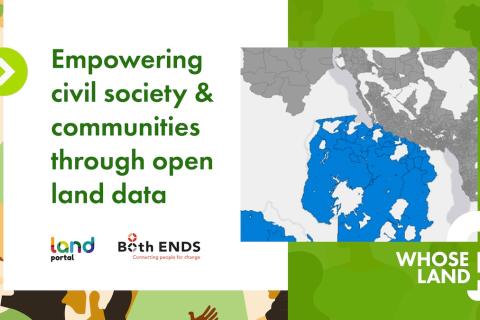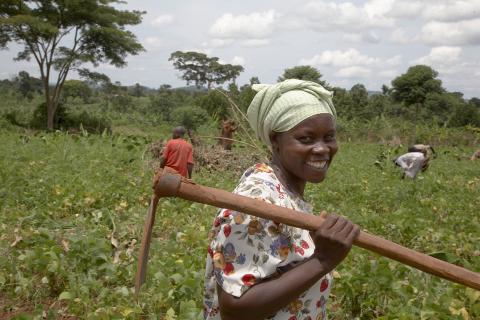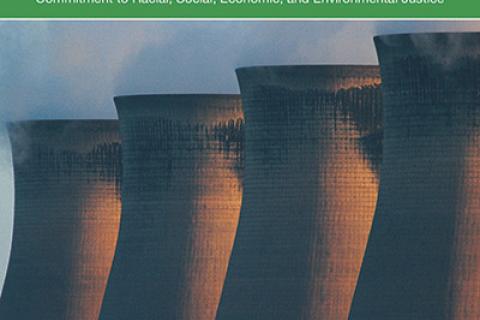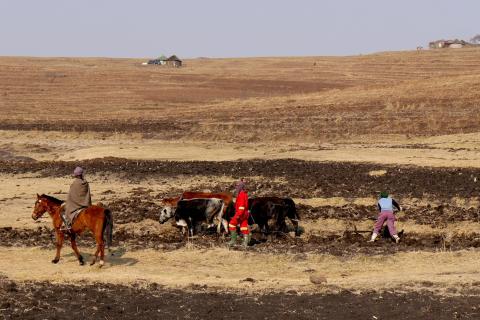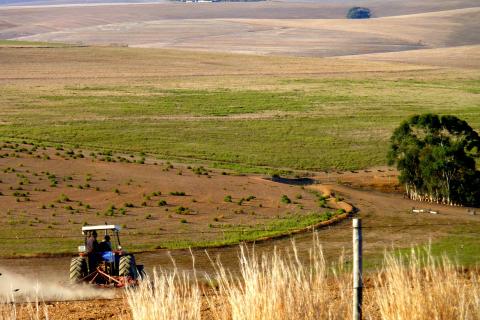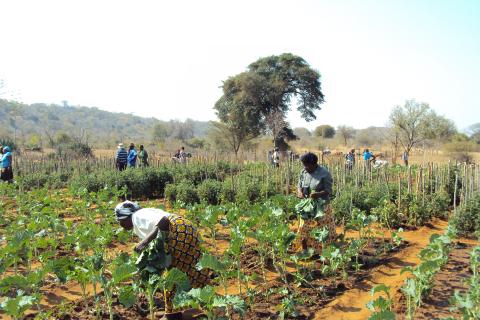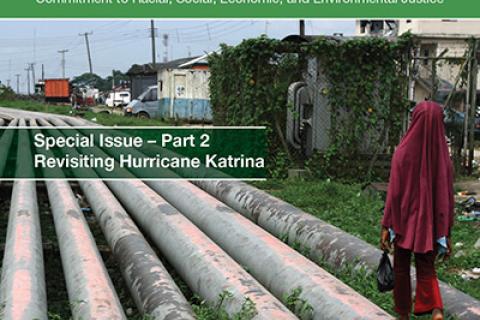Matrilineal Ownership, Patrilineal Access And Control: The Zambian Land Story.
Just like many African countries, a majority of Zambian tribes follow a matrilineal system, that is, an affinity system in which descent is derived through maternal instead of paternal lines which essentially means children are recognised by the names or family of their mothers. This does not only affect decent but also involves the inheritance of titles and property including land through the female line. One might ask why women have less access and control of land in Zambia when land and property is inherited through maternal lines.
Beginner's Guide to Open Land-Related Data
The Land Portal works to embed land governance in open data discussions and vice versa. This primer is extracted from the recently published Open Up Guide for Land Governance.
First, What is Open Data?
Securing land tenure in Uganda: A collaborative approach to address root causes of food insecurity
There is an immense pressure on land in Uganda. The country has a rapidly growing population and is host to the world’s third largest refugee population. Particularly poor people struggle to get access to healthy food. Agriculture practices need to become more efficient and focused on the domestic market. The Embassy of the Kingdom of the Netherlands (EKN) in Uganda works to improve food security in selected areas in the country. Among several food security projects, the EKN works with the LAND-at-scale program to improve land governance.
Call for Papers: Building Power, Deepening Democracy: Global Perspectives on Environmental Justice
Submission Deadline: All manuscripts should be submitted for consideration by December 31, 2021.
The global environmental crisis is intertwined with the crisis of social and economic inequality. From coal plants to palm oil plantations, economic activities that threaten the planet are concentrated in communities with less power and wealth. “You can’t have climate change without sacrifice zones,” writes Hop Hopkins, “and you can’t have sacrifice zones without disposable people.”1
When South African law promotes unlawful land deals…
By Monica de Souza Louw, Land and Accountability Research Centre (LARC), University of Cape Town
* This piece was originally published as part of the online discussion on customary law in Southern Africa
State Politics & the Customary Power of Chiefs in Zimbabwe
By Phillan Zamchiya, Institute for Poverty, Land and Agrarian Studies (PLAAS)
* This article was originally published as part of the online discussion on customary law in Southern Africa
CALL FOR PAPERS: Building Power, Deepening Democracy: Global Perspectives on Environmental Justice
Submission Deadline: All manuscripts should be submitted for consideration by December 31, 2021.
The global environmental crisis is intertwined with the crisis of social and economic inequality. From coal plants to palm oil plantations, economic activities that threaten the planet are concentrated in communities with less power and wealth. “You can’t have climate change without sacrifice zones,” writes Hop Hopkins, “and you can’t have sacrifice zones without disposable people.”1
Fernando Valladares, ecólogo: «Frente al cambio climático, dar todo por perdido también es negacionismo»
Por: JUAN F. SAMANIEGO
Desde que se licenció como biólogo en 1988, por las manos de Fernando Valladares ha pasado mucha ciencia. Ahora, su dilatada labor ha sido reconocida con el premio Rei Jaume I de Protección del Medio Ambiente.
The Continuing Development of LandVoc: Multiple Uses, Diverse Users
There is some irony in that many of the terms – ‘thesaurus’, ‘taxonomy’, ‘controlled vocabulary’ ‘ontology’ – that are intended to bring order and clarity to our use of language in professional settings are themselves subject to diverse interpretations and application. This is in large part because they are used by a range of people working in different contexts with different purposes.

